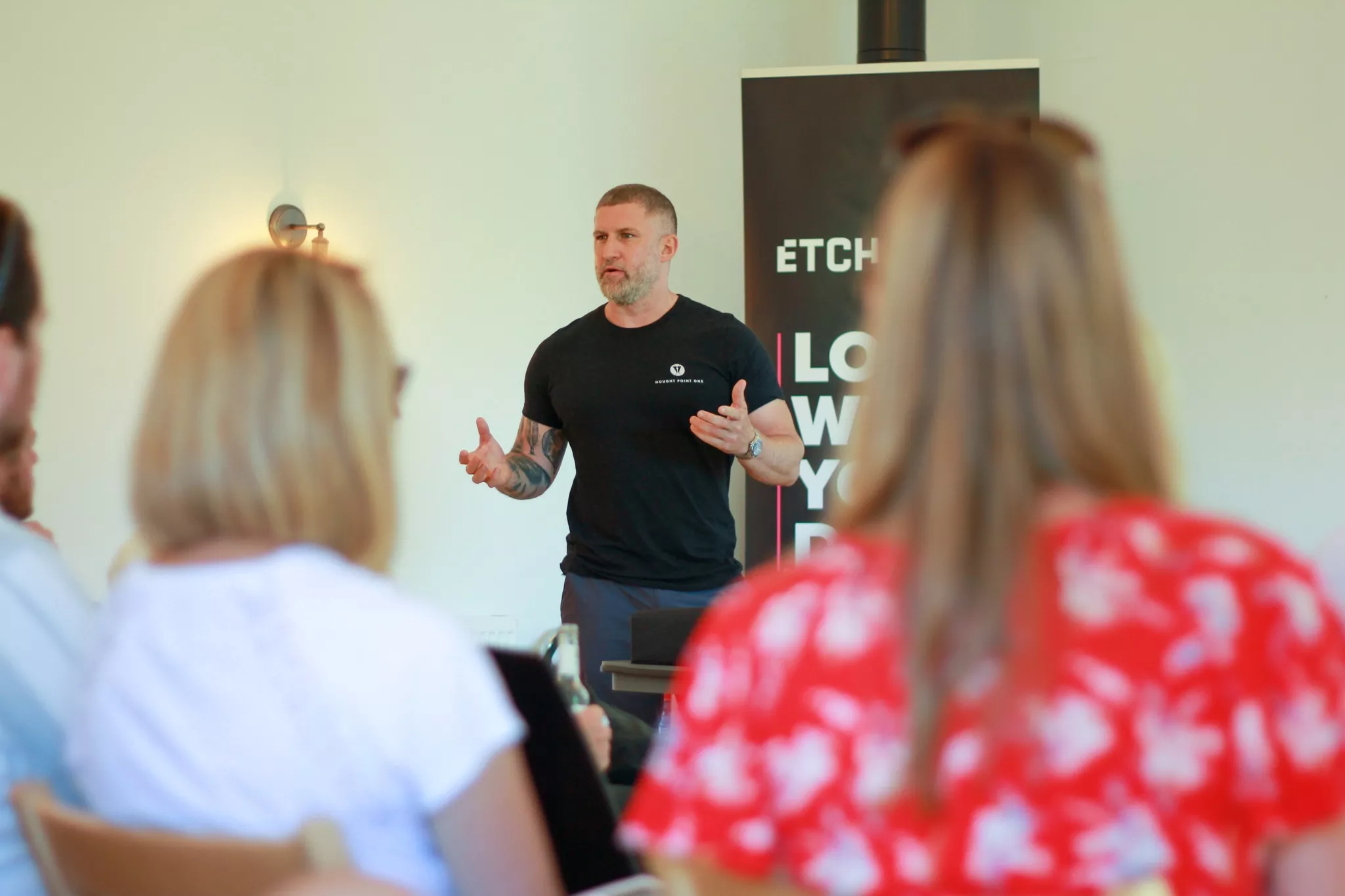How Etch Saved Time Getting Data Reports In Productive

Etch is a digital customer experience consultancy whose main goal is to help organizations innovate their digital customer experience. From building, through to marketing and continuous improvement strategy—their clients include companies like Uber, British Airways, WWF and Maserati.
We spoke with Etch’s Finance Manager, Helen Mutch and Head of Commercial, Emma Smethurst about how Productive helped them save time on getting data reports and improve company-wide budgeting.
Can you tell us more about your roles at Etch?
Emma: Both of us sit in the Commercial team, so we’re responsible for looking at the efficiencies, the numbers, the data, and everything across the business—and trying to see what triggers and influences our lever.
The role of Head of Commercial is focused on operations, and part of that is finding the right tools that can help the team be more efficient—from time tracking, through task management, to just having better visibility of a client budget.
Helen: The role of the Finance Manager is more number-based, but there’s a lot of crossover with Operations. That was one of the main reasons we moved to Productive: to have this one source of truth across the business.
Achieve Your Agency’s True Potential
Switch from multiple tools and spreadsheets to one scalable agency management system.
We Help Your Agency Reach New Heights
Switch from multiple tools and spreadsheets to one scalable agency management system.
“The role of the Finance Manager is more number-based, but there’s a lot of crossover with Operations. That was one of the main reasons we moved to Productive: to have this one source of truth across the business.”
How was the learning curve for both you and your team members? Would you say that Productive is intuitive from a UX perspective?
Emma: We got positive feedback almost immediately after implementing Productive. Unlike tools that we’ve used in the past, Productive was intuitive and the onboarding process was quicker than we expected. We got really comfortable with it because everyone looks at it on a daily basis. Everyone is in love with it, even more so than we’ve expected.
We had a Productive clinic set up for the first 6 weeks, where people could drop by once a week and ask questions. There were people coming for the first couple of weeks, but that dropped really quickly because they got the hang of it on their own, which wasn’t the case with our previous systems.
“The support team are brilliant. Really quick. With the tools we used previously, it took three or four days to get a response. They never knew what you were asking.”
How was the onboarding training? Would that be something you recommend?
Emma: Yeah, absolutely. I would say the investment we made upfront—having the sessions and you guys helping us onboard—got us to where we needed to be much more quickly than if we hadn’t done it. That has helped massively. We went live the 1st of May, and I think we’d sorted any niggles out by the end of the June.

In your opinion, what are the game-changing features of Productive?
Emma: From a Commercial team perspective, the struggle was mostly task management. Now, in Productive, we’ve got various business projects set up where we have all our tasks and we can see progress and communicate. So that’s been a real game-changer as opposed to people using different tools which caused a lack of clarity.
Helen: Reports were a big thing for us as well. We have a colleague who manages a really big client of ours. We’d always have to chase her for reports before the monthly meetings and she wouldn’t be ready to send them. After we implemented Productive, the tables turned—now she’s chasing us for our part, because we’ve got all of the reports set up and ready in Productive.
“There are things that took around 10 hours before Productive—now take around 1 hour, or even less in some cases.”
What about the control over profit margins on your projects? Did you see any improvements in that area?
Helen: We definitely didn’t track profitability by client before. We could only do it by day rate and make an assumption on that day rate, and it would be recognized income divided by however many hours delivered.
We can easily track profitability now because we’ve got all of the rates in one place. We could have tracked it before, but there would have been so many errors exporting it all out.
Emma: So, we actually benefit even more now because we get more contractors to do fixed-price work. Obviously, there are potential savings there if there’s an over-burn on their part.
We’ve set the minimum margin for markups and everything within the system, so they can only put in costs at a certain margin, which means we know that it’s pretty much guaranteed that we’ll recover the margin on top of any contractor costs.
Helen: We had no over-burn in January of this year, which we’d almost never had before. So generally speaking, we are more profitable.
How happy are you with the way Productive has developed since you started using it?
Emma: So, you said the HubSpot integration would happen, that’s happened, the Docs would happen—that’s happened. Plus, there have been lots of other little fixes that have made life easier.
We can see that you’re listening to customers and making the changes, no matter how small they might be.
Achieve Your Agency’s True Potential
Switch from multiple tools and spreadsheets to one scalable agency management system.

